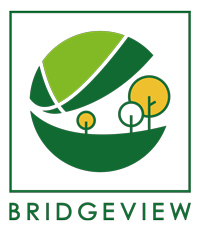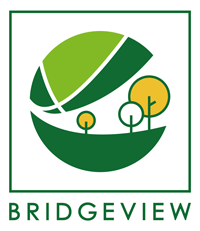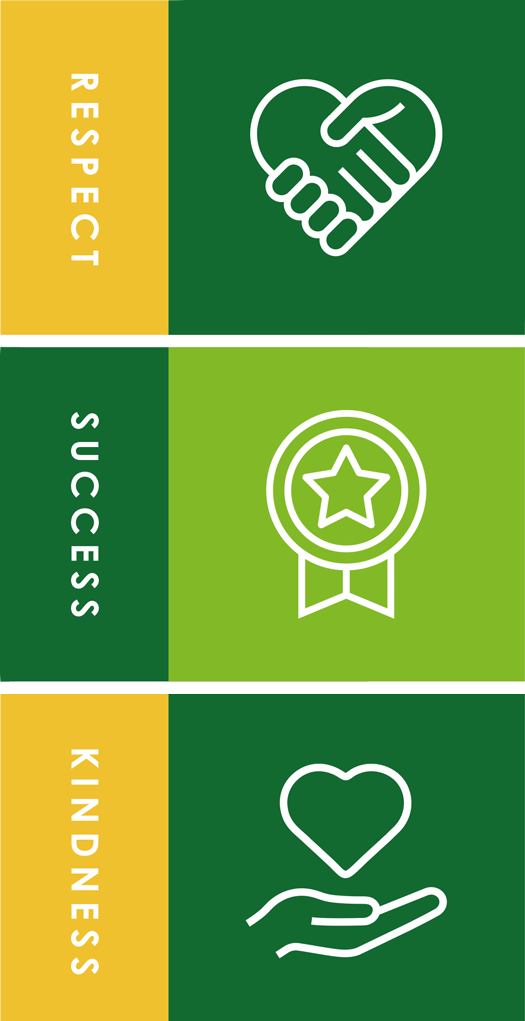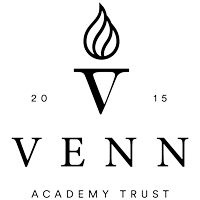Why do we teach History at Bridgeview?
At Bridgeview, we want the study of history to ignite the children’s curiosity and knowledge about the past. We want our children to understand the how and why changes to the local area, UK, world and culture have occurred. We teach about times from History to help the children develop a sense of chronology and have a growing sense of identity. We believe that by teaching our pupils about how we can learn from the past they will become individuals who will make positive contributions to society.
What is the History curriculum offer at Bridgeview?
All pupils are taught History each term, each academic year. Our History curriculum meets the requirements of the National Curriculum. Our History long term plan sets out the order units of study are to be taught. This ensures that children build on prior learning and revisit key vocabulary and concepts. We start all our History lessons with ‘Remember when…’ This helps our children to retain information and make connections between events in History.
All History lessons are part of a sequence of learning. Each lessons has ‘sticky knowledge’ we want the children to learn and vocabulary we want the children to use. Teachers use a range of strategies to help the pupils ‘know more, remember more’. This includes hands on learning, using artefacts, creating timelines, debating, role-play. Vocabulary is displayed in lessons and often provided in a word bank.
How do we plan for progression of knowledge and skills in History?
Our History long term plan sets out what needs to be taught in each phase. This ensures progression of the following:
- · National Curriculum expectations
- · Sticky knowledge
- · Vocabulary
We have identified key threads across our History curriculum to revisit over time, allowing the children to make gains in knowledge built on prior learning.
In Key Stage 1 the threads are:
- · Homes
- · Toys
- · Technology
- · Monarchy and power
- · Local area
- · Society
In Key Stage 2 the threads are:
- · Homes and farming
- · Society and culture
- · Politics and power
- · Invasion and war
- · Religion
- · Travel and trade
- · Legacy
What enrichment opportunities do pupils receive in History?
We have carefully selected school visits, experiences and visitors enhance our History Curriculum. School visits and visitors are integral to our sequences of learning and allow pupils to see the sticky knowledge come to live. Examples of enrichment to enhance the teaching of our History curriculum:
Key Stage 1
- Queens Royal garden party
- Local History parks – Visit to Pearson Park
- Homes – Visit to Normanby Hall
- Great Fire of London – Visit to Fire Station
Lower Key Stage 2
- Change in Britain Stone Age – Visit to Murton Park
- Fishing Industry – Visit to Fishing Heritage Museum
- Ancient Egypt – Visit to Hands on History Meeting
Upper Key Stage 2
- Maya Civilisation – Visit to York Chocolate Factory
- Hull and World War 2 – Visit to Sutton war memorial
- William Wilberforce – Visit to Wilberforce House
